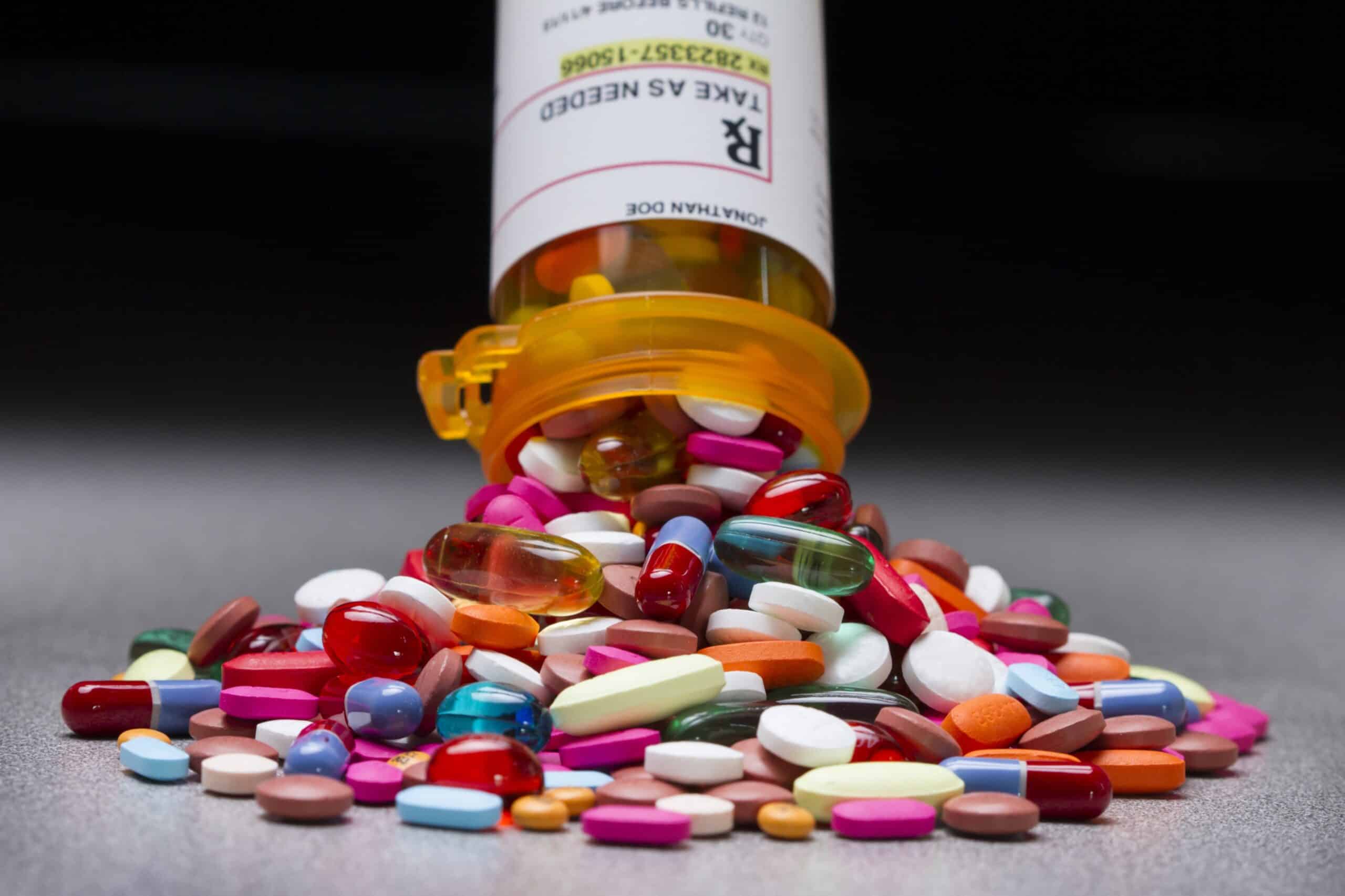Depression diagnosis has increased by 1%, and has been associated with a 26% increase in opioid related deaths, which has risen substantially. States with the highest rates of opioid related deaths often have mental health care professional shortages, as published in Social Psychiatry and Psychiatric Epidemiology.
For every additional 1% of the population diagnosed with depression, there is between 25-35% increase in the number of opioid overdose deaths, according to the researchers who thought that suicide may have been a driving factor but after sectioning out unintentional overdose the relationship was found to continue.
Upwards of 72,000 Americans died from drug overdoses in 2017 which were mostly from opioids. The current administration has declared the opioid crisis a public health emergency in October 2017, but the end of the crisis is still not in sight. Paired with rising rates of depression and lack of access to mental health care for many, sadly this is proving to be deadly.
Depression data was collected via a phone survey of more than 400,000 individuals from across the nation, of which 19% reported being diagnosed with depression which is 17.5% more than it was in 2011. Those that are depressed are more likely to be prescribed opioids, and those prescribed opioids are more likely to become depressed. Researcher suggest that it needs to be recognized this is most likely a bidirectional relationship.
Schwab Reese suggests the solution is twofold: 1) Depression should be screened for by Doctors and to discuss risks with patients before prescribing opioids, as close to two thirds of overdoses involve prescription medications; doctors can have significant roles in the prevention of opioid misuse and depression. And 2) All Americans nationwide need better access to both physical and mental healthcare, as over 40 million Americans have mental health conditions with over half of those not receiving treatment such as West Virginia having the highest number of opioid related deaths and 1 million people living in areas with a shortage of mental health care providers. According to another study an estimated additional 3,000 mental health care providers are required to meet America’s health care needs.
As this was a population level analysis it can’t be said if this person had depression and it led to an overdose, according to the researchers this suggests that a population level response is needed.




